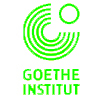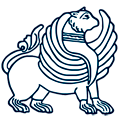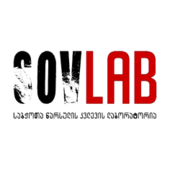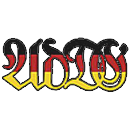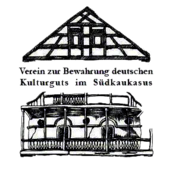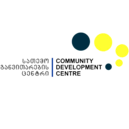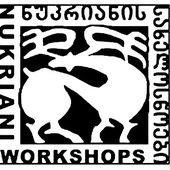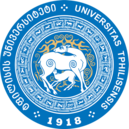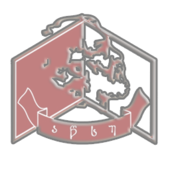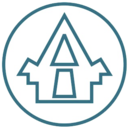The 2017 is jointly celebrated by Georgia and Germany as a round anniversary in the history German-Georgian relations.
200 years ago, in 1817, the first German colonists arrived in Georgia, while the 2017 is a 25 anniversary (April 2017) since the establishment of diplomatic relations between Georgia and Germany and launching of cooperation between Georgia and Germany in the development sphere.
German archive platform was created for documenting, historical systematization, protection and promotion of these relationships, as a constantly updating open space for the general public or interested individuals, groups and institutions in the both societies.
"The Georgian-German Archive” is based on the concept of "public archive" and includes creation of an electronic archive - a detailed, flexible and interactive mechanism - an open space for any interested person or organization; For those who consider their civic responsibility to preserve documents and materials from the private archives and family albums, and share them with the a general public - as well as the vision and experience of the individuals concerned through their oral histories; So, we are in a process of creating of documentary and audio-visual database of our recent history that will help us to fully understand our past and enhance its detailed analysis.
An activeness of each citizen will help to repair, fix and maintain the tracks and voices of so many people, which purposely or unintentionally remained beyond the official historiography. Each and every contribution that you will make to it will turn this archive into a constantly updating, self-renovating organism.
The "Georgian-German archive" is interested in information, which embraces the whole range of the relations between these two nations - as the countries and societies:
General information - socio-political and cultural processes and events;
Private – family stories and ancestry chronicles, and histories that reflect the social processes and everyday life. Even the smallest, seemingly insignificant fragment of information is worth to be examined and maintained as a mosaic detail in order to restore the general picture.
The basic types of sources of which the "public archive" consists, are as follows:
- Photographs;
- Documents – the memoirs, letters, diaries, official documents, notes and recordings etc. graphic works, drawings, paintings etc, which are connected with the particular events or stories; electronic books;
- Audio materials;
- Video footage;
- Artifacts - the items connected with the particular story, event or segment of history, as well as the artifacts that are to be find in a public space: memorials, memorial boards, posters, etc.
Any interested party, volunteers, researchers or research organizations can use this space to create a collection of their own, through which they will compile and develop a common database, will support the research process or its activation and automatically become a co-organizer of "The Georgian-German archive" . "Georgian-German archive" is open to any cooperation based on principles of equality and research ethics.
To be involved into " The Georgian-German archives" space means that you are ready to contribute digital copies of your documents to the archive, which may be publicized for the research and educational purposes.
As soon as person willing to be involved in "The Georgian-German archive" space connects its group of researchers, it digitizes the offered material and information attached it on the ground, following all the specific standards
The digitized version and the detailed attached information will be uploaded to the "Georgian-German archive" site – mentioning courtesy/ name of the contributor of the collection. An additional copy of the digitized materials will be given to the owner of the material, mentioning its source ( archives, owning organizations, collections, contributors, etc). To download the documents in a high resolution registration is necessary.
In order to provide ,, The Georgian-German archive" site with a full informational support for its further improvement, as well as to get better consumer feedback, the consumers are allowed to leave their comments containing specific data or additional information on the given document, which would help to compliment and improve existing data.
Use of documents is free only for non-commercial, scientific and educational purpose, in condition of marking source (archive, holder organisation, collection and contributor). Use of materials for commercial purposes are prohibited without confirmation from legal owner. All rights reserved according Georgian and international laws.


















